Signs Of Cancer
Whether you are a man or a woman, it’s important to watch for any unusual changes in your body and energy levels in order to detect any signs of cancer early on.
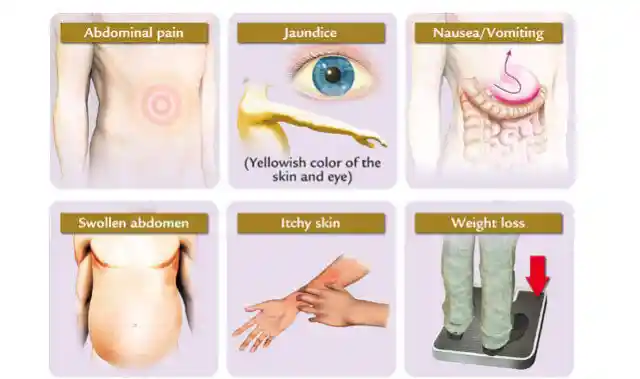
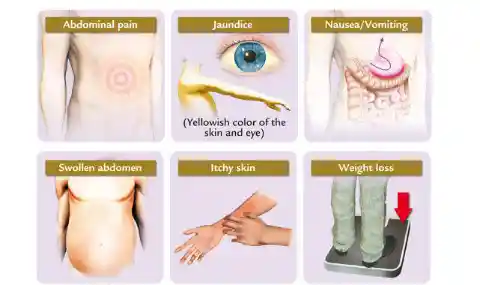
The sooner you notice there’s a problem, the sooner you can begin to take the steps necessary to promote healing within your body.
1. Wheezing or Shortness of Breath
1.
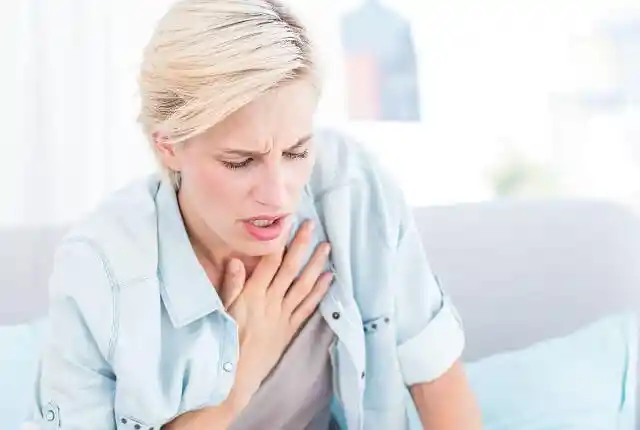
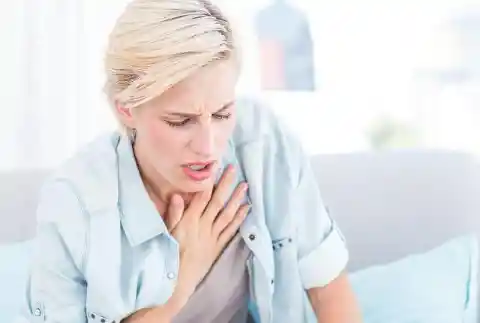


Wheezing or Shortness of Breath
One of the first signs many lung cancer patients remember noticing is the inability to catch their breath.
2. Chronic Cough or Chest Pain
2. Chronic Cough or Chest Pain
Several types of cancer, including leukemia and lung tumors, can cause symptoms that mimic a bad cough or bronchitis.
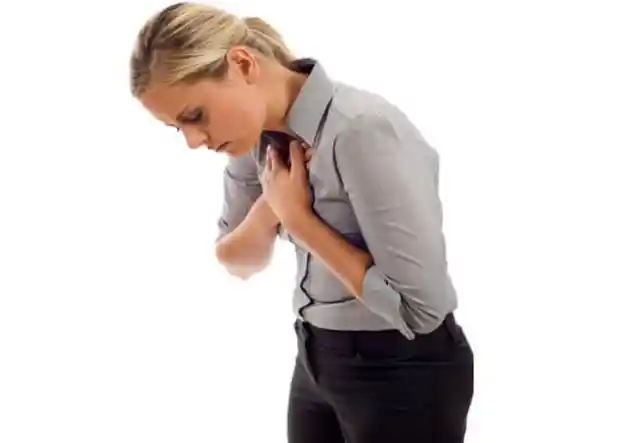
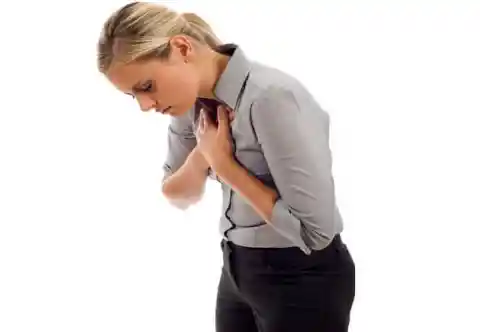
Some lung cancer patients report chest pain that extends up into the shoulder or down the arm.
3. Frequent Fevers or Infections
3. Frequent Fevers or Infections
These can be signs of leukemia, a cancer of the blood cells that starts in the bone marrow.


Leukemia causes the marrow to produce abnormal white blood cells, sapping your body’s infection-fighting capabilities.
4. Difficulty Swallowing
4.




Difficulty Swallowing
Trouble swallowing is most commonly associated with esophageal or throat cancer, and is sometimes one of the first signs of lung cancer, too.
5. Swollen Lymph Nodes or Lumps on Neck, Underarm, or Groin
5.




Swollen Lymph Nodes or Lumps on Neck, Underarm, or Groin
Enlarged lymph nodes indicate changes in the lymphatic system, which can be a sign of cancer.
6. Excessive Bruising or Bleeding
6. Excessive Bruising or Bleeding
This symptom usually suggests something abnormal happening with the platelets and red blood cells, which can be a sign of leukemia.
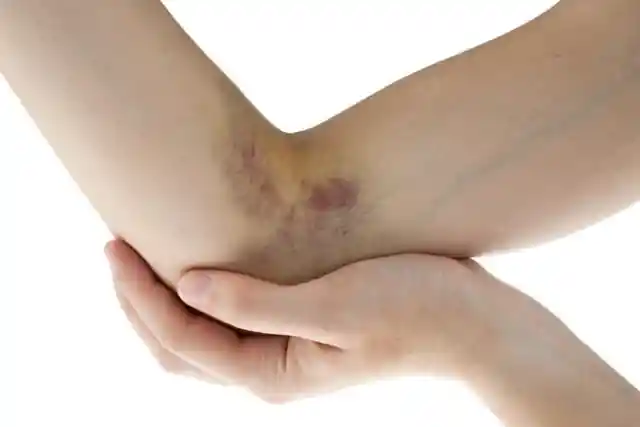
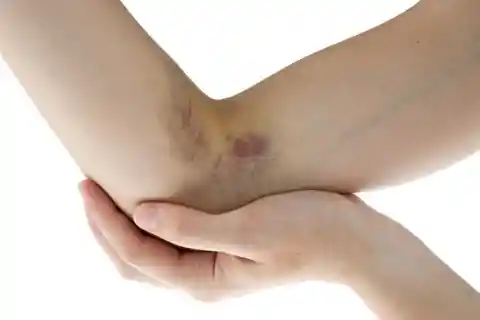
Over time, leukemia cells crowd out red blood cells and platelets, impairing your blood’s ability to carry oxygen and clot.
7. Weakness and Fatigue
7. Weakness and Fatigue
Generalized fatigue and weakness is a symptom of so many different kinds of cancer that you’ll need to look at it in combination with other symptoms.


But any time you feel exhausted without explanation and it doesn’t respond to getting more sleep, talk to your doctor.
8. Bloating or Abdominal Weight Gain
8.




Bloating or Abdominal Weight Gain
Women diagnosed with ovarian cancer overwhelmingly report unexplained abdominal bloating that came on fairly suddenly and continued on and off over a long period of time.
9. Feeling Full and Unable To Eat
9.




Feeling Full and Unable To Eat
This is another tip-off to ovarian cancer; women say they have no appetite and can’t eat, even when they haven’t eaten for some time.
10. Pelvic or Abdominal Pain
10. Pelvic or Abdominal Pain
Pain and cramping in the pelvis and abdomen can go hand in hand with the bloating that often signals ovarian cancer.


Leukemia can also cause abdominal pain resulting from an enlarged spleen.
11. Rectal Bleeding or Blood in Stool
11. Rectal Bleeding or Blood in Stool
This is a common result of diagnosing colorectal cancer.
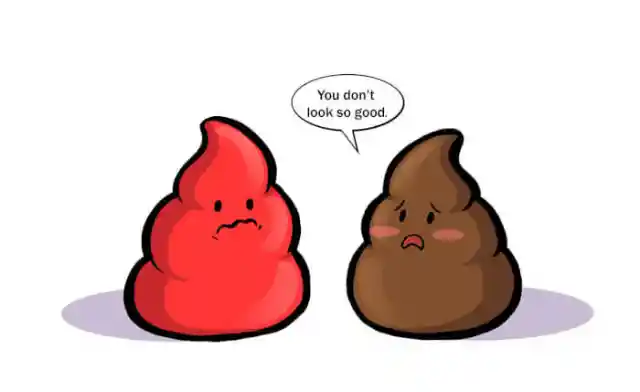
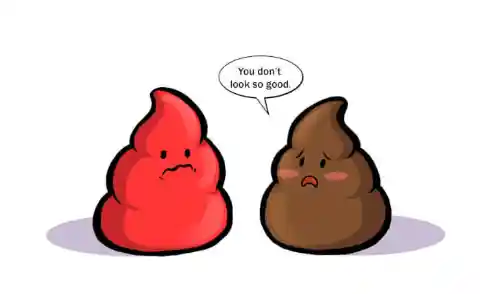
Blood in the toilet alone is reason to call your doctor and schedule a colonoscopy.
12. Unexplained Weight Loss


Weight loss is an early sign of colon and other digestive cancers; it’s also a sign of cancer that’s spread to the liver, affecting your appetite and the ability of your body to rid itself of wastes.
13. Upset Stomach or Stomachache
13.




Upset Stomach or Stomachache
Stomach cramps or frequent upset stomachs may indicate colorectal cancer.
14. A Red, Sore, or Swollen Breast
14. A Red, Sore, or Swollen Breast
These symptoms can indicate inflammatory breast cancer.
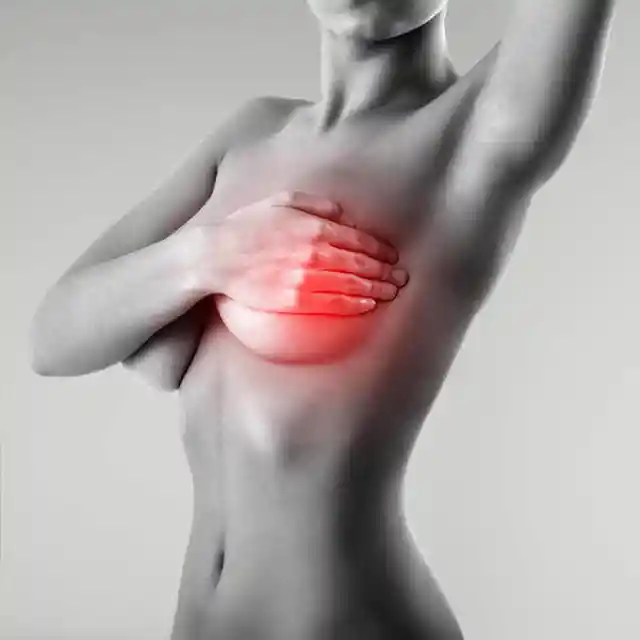
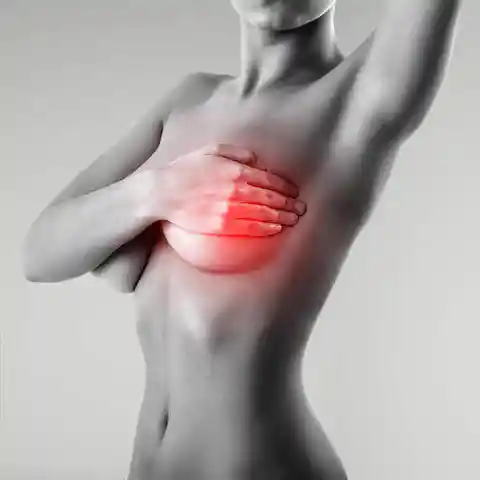
Call your doctor about any unexplained changes to your breasts.
15. Nipple Changes
15.




Nipple Changes
One of the most common changes women remember noticing before being diagnosed with breast cancer is a nipple that began to appear flattened, inverted, or turned sideways.
16. Unusually Heavy or Painful Periods
16. Unusually Heavy or Painful Periods
Many women report this as the tip-off to endometrial or uterine cancer.


Ask for a transvaginal ultrasound if you suspect something more than routine heavy periods.
17. Swelling of Facial Features
17. Swelling of Facial Features
Some patients with lung cancer report noticing puffiness, swelling, or redness in the face.


Small cell lung tumors commonly block blood vessels in the chest, preventing blood from flowing freely from your head and face.
18. A Sore or Skin Lump
18. A Sore or Skin Lump
A sore or skin lump that doesn’t heal, becomes crusty, or bleeds easily.


Familiarize yourself with the different types of skin cancers: melanoma, basal cell carcinoma, and squamous cell carcinoma. Be vigilant about checking skin all over your body for odd-looking growths or spots.
19. Changes In Nails
19. Changes In Nails
Unexplained changes to the fingernails can be a sign of several types of cancer.


A brown or black streak or dot under the nail can indicate skin cancer, while newly discovered “clubbing” can be a sign of lung cancer. Pale or white nails can sometimes be a sign of liver cancer.
20. Pain In The Back or Lower Right Side
20.




Pain In The Back or Lower Right Side